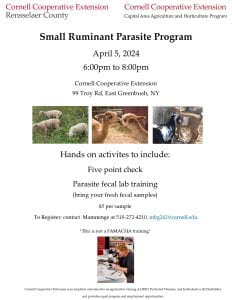Highly pathogenic avian influenza (HPAI), specifically the H5N1 strain, commonly known as “bird flu,” has quietly impacted communities across the globe. While its primary victims are birds, including poultry, recent detections have raised concerns about its potential impact on mammals. HPAI primarily targets birds, but it has been detected in mammals as well. The U.S. Animal and Plant Health Service has recently closely monitored limited HPAI detections in dairy cattle across Kansas, Texas, and New Mexico. Evidence suggests that wild birds introduced the virus to these regions.
Clinical Signs in affected Cattle:
Farmers and veterinarians should be vigilant for the following signs in affected cattle:
Decreased Milk Production: A sudden decline in milk yield.
Thicker, Concentrated Milk: Some severely impacted cows may produce thicker milk.
Reduced Feed Consumption: Cattle affected by HPAI may eat less.
Abnormal Feces: Changes in stool consistency.
Low-Grade Fever: Elevated body temperature.
Clinical Signs Seen in affected Newborn Goats:
Unusual Deaths: Keep an eye out for unexpected fatalities among newborn goats.
Immediate Action Steps: Contact Veterinarians: If any of the above symptoms are observed, promptly call the Department on 518-457-3502 for sampling guidance.
Farm Biosecurity Measures:
Restricted Access: Limit on-farm access to essential personnel only.
Dedicated Work Boots: Provide farm-specific boots to workers that are not worn elsewhere.
Water Sources: Prevent cattle from drinking from potentially contaminated waterfowl sources.
Feed Hygiene: Ensure wild birds cannot access feed areas, and promptly clean up any spills.
Consult Your Veterinarian: If you suspect HPAI in your cattle, seek professional advice.
Remember, early detection and proactive measures are crucial in safeguarding your livestock and poultry. Stay informed and protect your farm from this avian threat.
For more information, visit the U.S. Department of Agriculture (USDA) website or consult your local veterinary experts.
https://www.aphis.usda.gov/animal_health/downloads/animal_diseases/ai/hpaifactsheet_wildlife-biosecurity.pdf

Upcoming Capital Area Agricultural and Horticultural Program (CAAHP) Events!
Click the link below to be directed to the CAAHP website and a listing of upcoming programs!
Welcome to the Capital Area Agricultural and Horticultural Program (CAAHP) Website!


